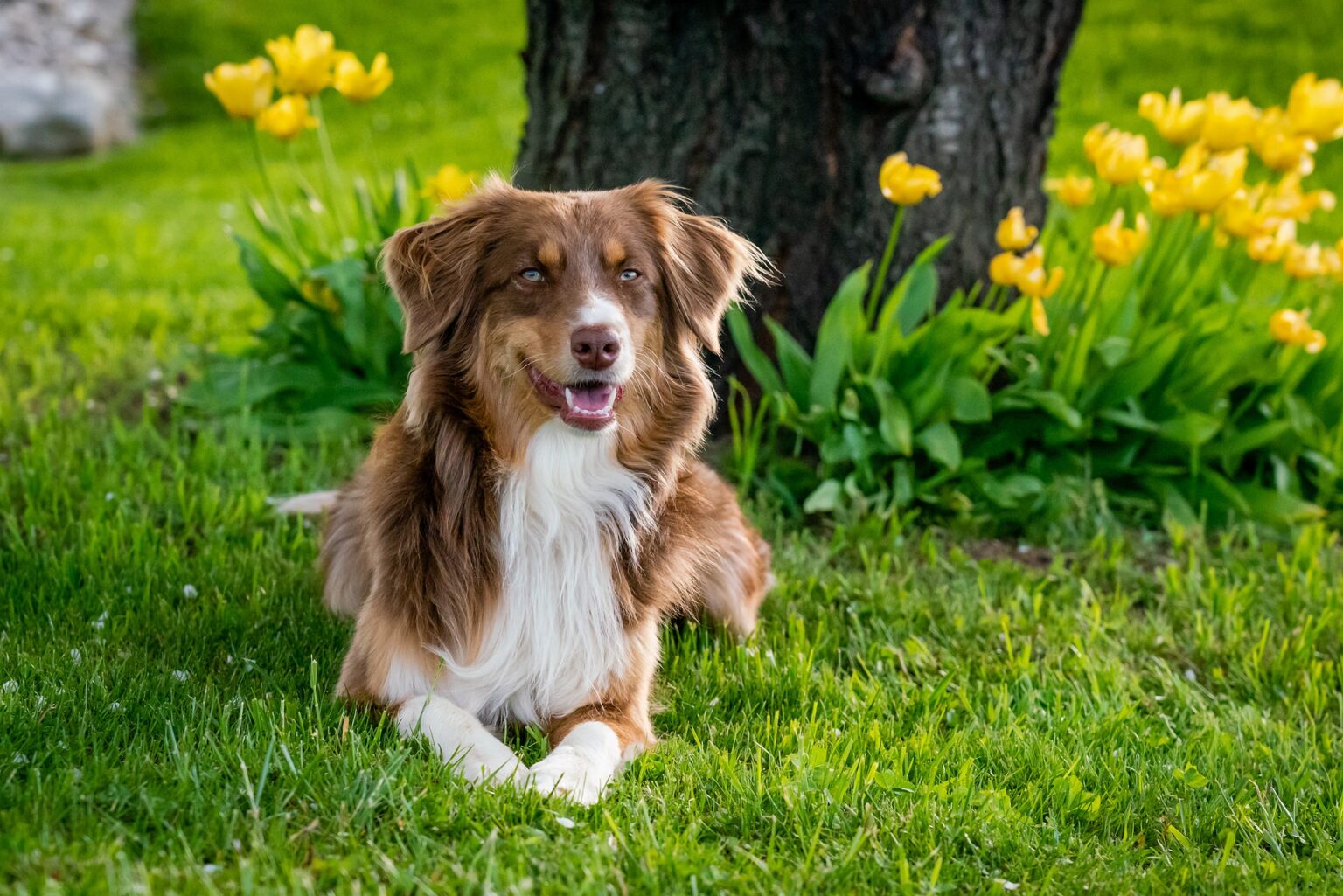
Dogs are loyal companions that provide us with unconditional love and needed protection. For many families, the dog is a part of the family and considered the family’s fur child.
It’s important when choosing a dog for the family to get a breed that’s right for your particular family. Things to consider are your age and mobility, how often you’re home, etc.
There are many things to consider before deciding on the right dog breed for your family, including your desire to own a dog, your family size, available time, and living space.
Here are some things you should consider when choosing a dog breed for your family.
Choosing the right dog breed for your family is a big decision
Size of the dog – Consider how much space you have in your home. Also, choose a dog whose size fits your family’s lifestyle. For instance, if you have children, you may prefer a larger dog that will protect your kids. If you have an elderly person in your family, you may prefer a smaller dog that’s easy to look after.
Age – Don’t choose a puppy as a pet if you have elderly family members or are too busy to care for it. It’s best to choose an older dog if you have some experience caring for dogs.
Activity level – Consider the amount of time you and your family have to devote to the dog’s care. Some dog breeds require a lot of attention and a lot of exercise, while others need less attention and exercise. If you have a busy schedule, you may want to choose a low-key dog breed.
Training – Some dog breeds require extensive training while others don’t require much training at all. Choose a dog breed that fits with your lifestyle and family circumstances.
Lifespan – Some dog breeds have a short lifespan while others have a long lifespan. Some breeds can live up to 15 years while others can live up to 18 years. Make sure you choose a dog that fits with your family’s lifestyle and circumstances.
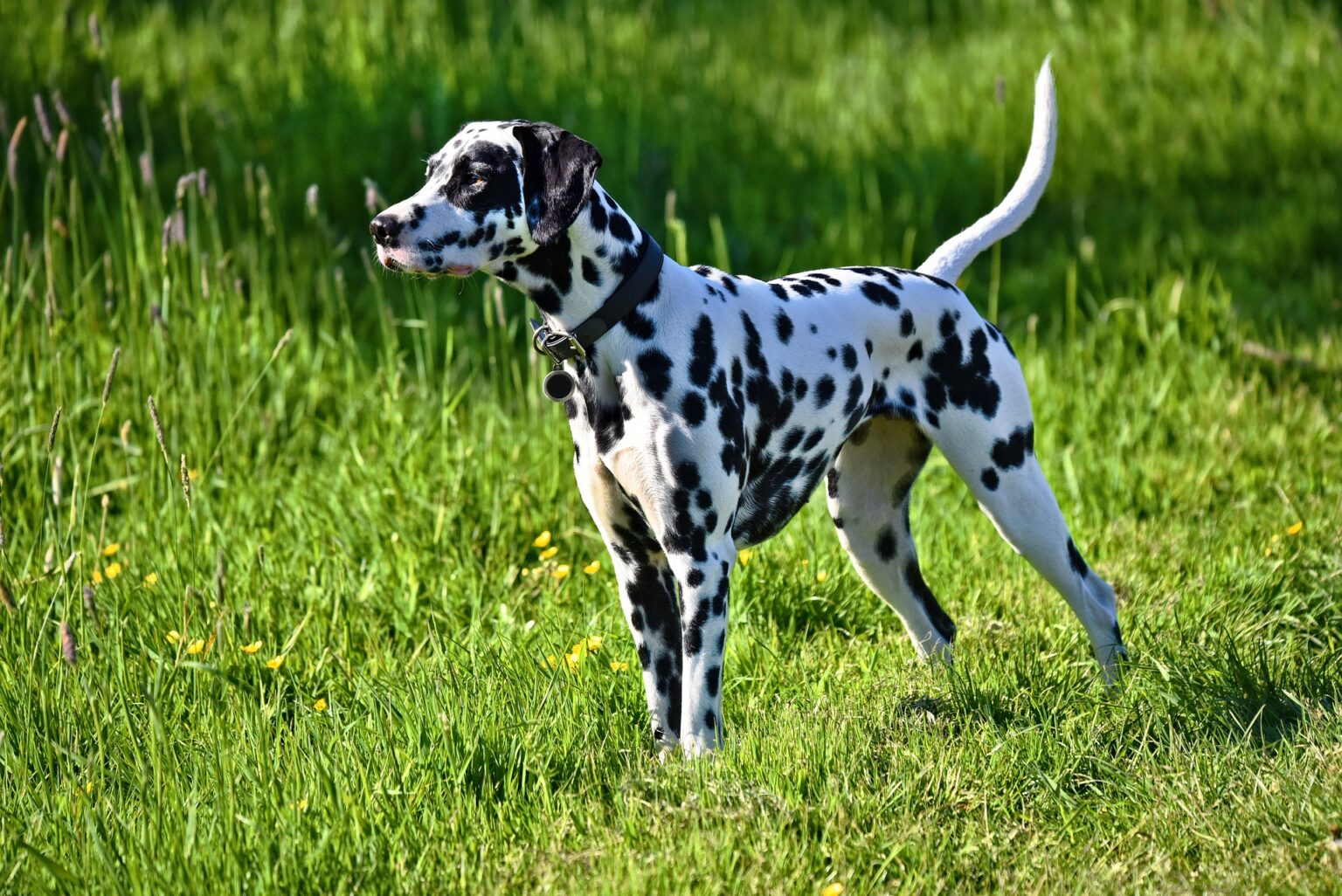
Choose the right size dog breed
There are several factors that you should consider when choosing the right dog for your family: your family’s lifestyle, the number of family members, and the size of your living space.
Let’s take a look at some of the most popular dog sizes:
Small dog: These dogs weigh less than 5kg (11 lb). This makes them ideal for people with limited space or people who are looking for dogs that are easy to train, have low maintenance, and are easy to travel with. Examples of small dog breeds include Chihuahuas, Pomeranians, and Yorkshire Terriers.
Medium size dog: These dogs weigh 5-10kg (11-22 lb). Examples of medium breeds are Beagles, Border Collies, and Labradors. These dogs are generally friendly, loyal, and intelligent dogs.
Large dog: These dogs weigh more than 10kg (22 lb). Examples of large dog breeds include Great Danes, Mastiffs, and St. Bernard. These dogs can be energetic and require lots of space to run around and play.
Extra large dogs: These dogs weigh more than 20kg (44 lb). Examples include Saint Bernard, Great Danes, and Dalmatians. These dogs can eat a lot and require a lot of exercise.
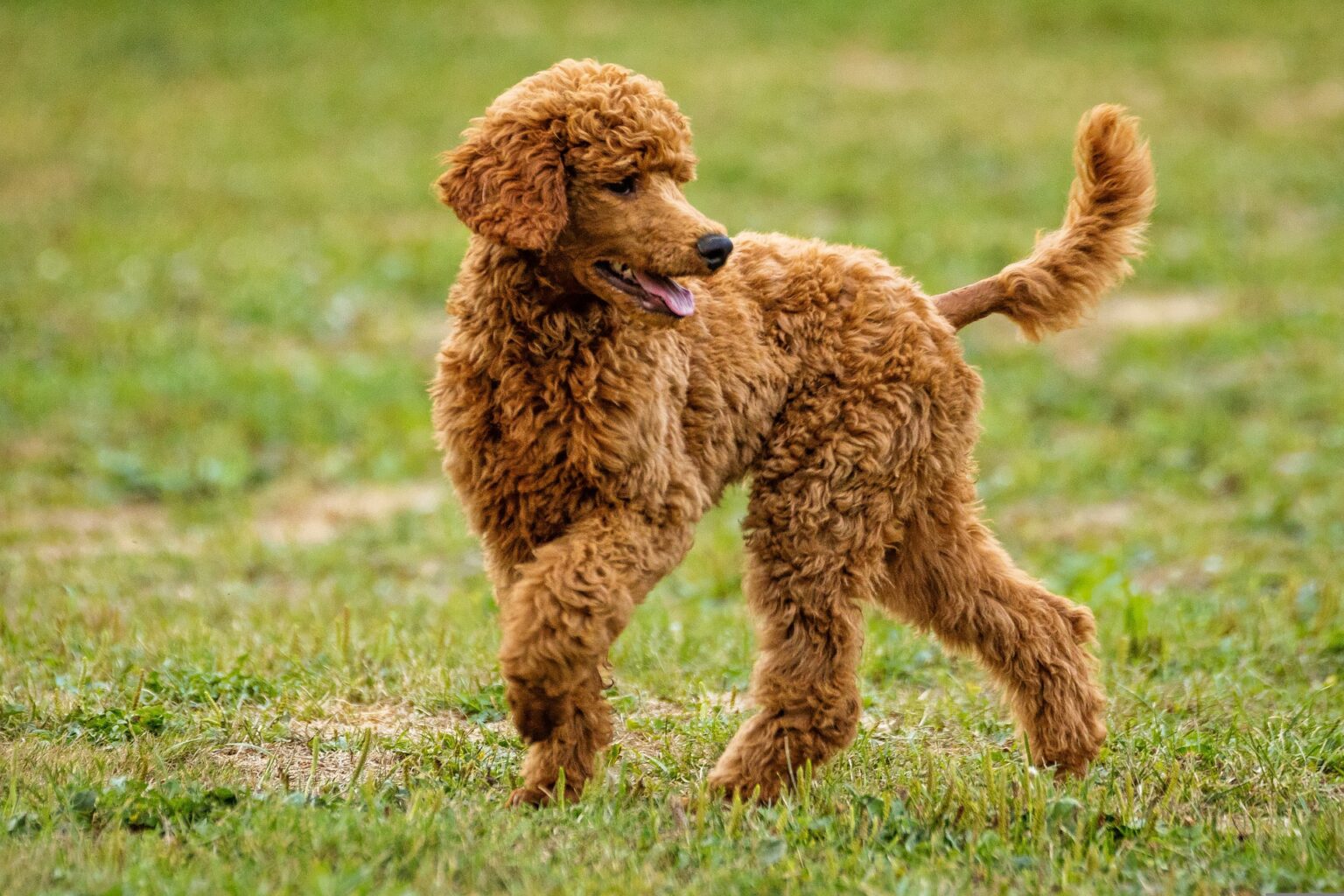
Decide if you want one of the top intelligent dog breeds for the family pet
It’s important to understand and know that not all dog breeds are intelligent. If your family is looking for an intelligent dog, here are some of the dog breeds that you should consider.
Poodle – Poodles are one of the most intelligent dog breeds. In fact, they are renowned for their ability to compete in obedience and agility trials. They can do anything you want them to do, no matter how complicated the task is. This makes them a great family pet.
German shepherd – German shepherds are well known for their incredible loyalty as well as their intelligence. They are considered the best guard dogs because of their protective instincts. They are also extremely energetic and are known to get along with children and other pets.
Border collie – Border collies are known for their ability in herding. This makes them perfect for herding cattle and sheep. However, they are also known for being extremely intelligent and agile, making them a great family pet.
Retriever – Retrievers are considered to be one of the most intelligent dog breeds. They are highly trainable and have good scenting abilities which makes them good hunters. They also love to be around people and are loyal and protective.
Decide if you want a very active dog breed or a less active dog breed
Deciding whether you want a very active or a less active dog breed depends on many factors, including the exercise level of your home, how often you’re home, and how much time you have for daily walks. You want a dog that can fit into your lifestyle so you’ll be happy with him for many years to come. So before you commit to a dog breed, think carefully about whether that breed is right for you.
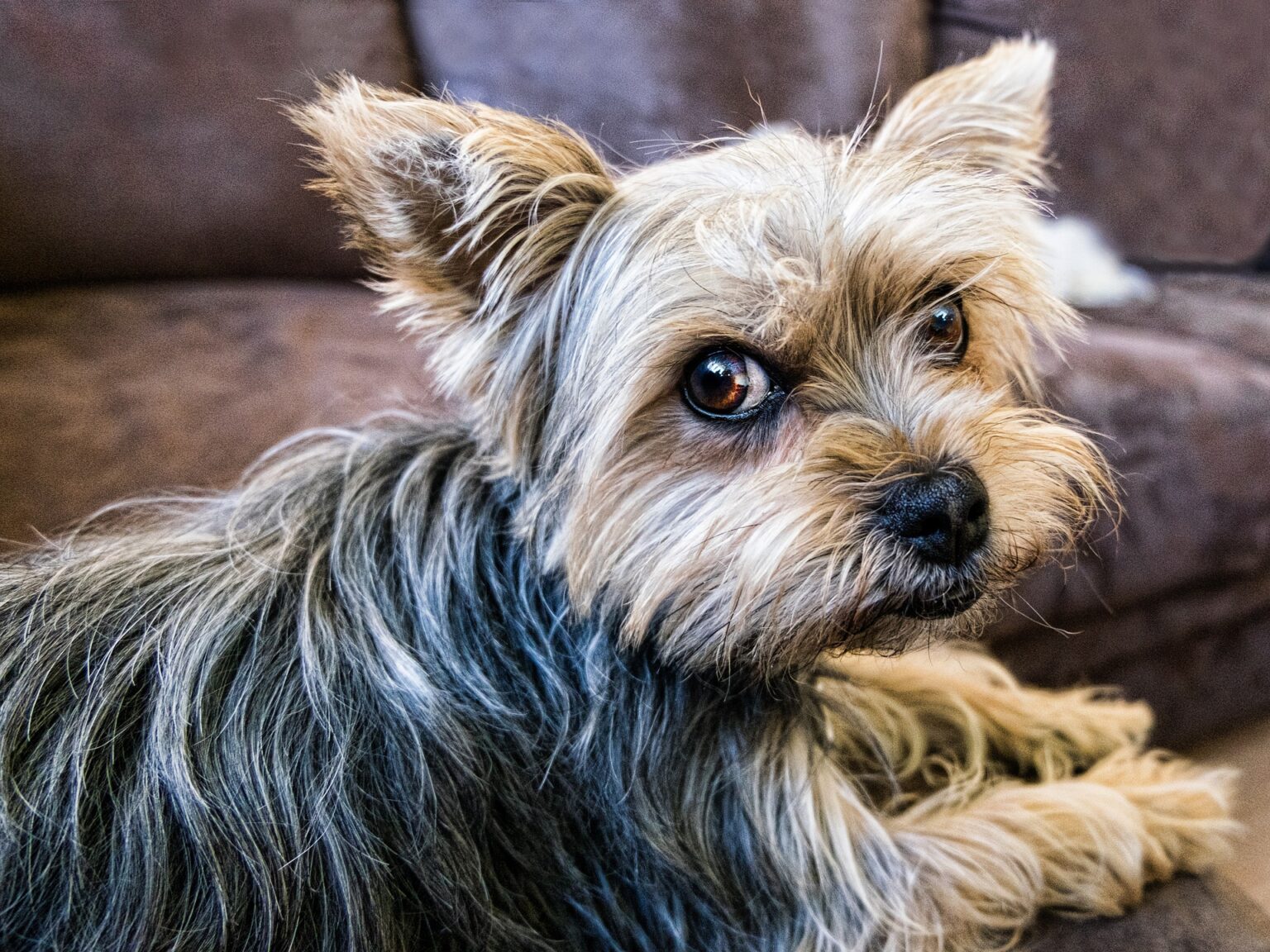
Factors to consider when selecting a dog breed
Exercise level – Consider your daily exercise routine and whether the dog will fit into it. If exercise is important to you, choose the more active dog breeds. If you travel frequently for work, choose a less active dog breed.
Daily walks – Some dogs require more daily walks than others. For example, a boxer will require daily walks, while a pointer won’t need as much exercise.
Energy level – Some dogs are high-energy and need a lot of exercise and play time. Other dogs are couch potatoes that need very little exercise.
Size – Small dogs require less space than larger dogs, so they are ideal for apartments, condos, or small homes. Larger dogs require more space.
Other considerations – Think about whether the dog will fit into your home and lifestyle. Some breeds require a lot of grooming and grooming costs can be expensive. Some breeds have health issues that may require regular vet visits.
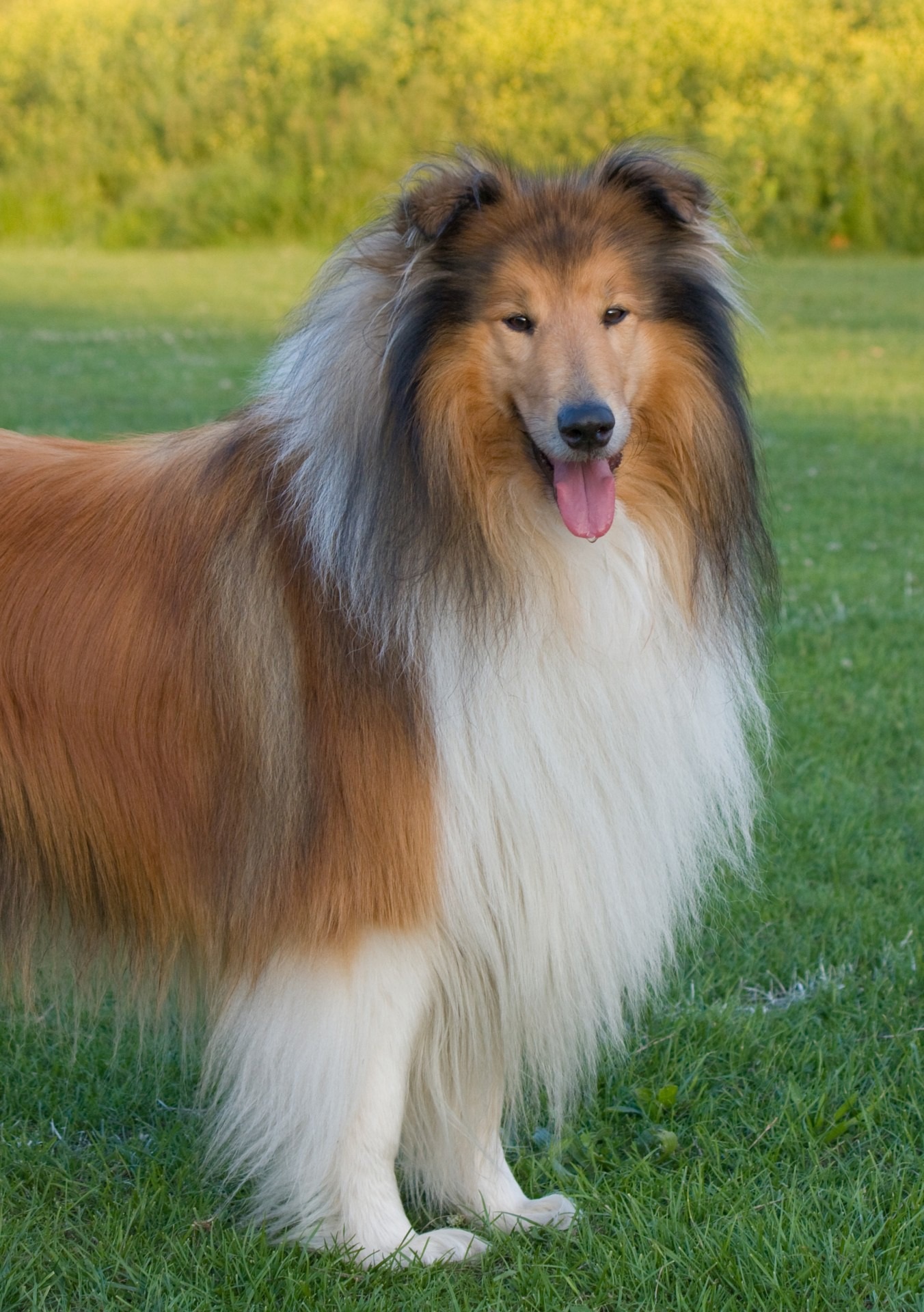
Choose how much dog grooming you want to have to do
Dog grooming is one of those things that every dog owner should do, but how do you choose how much grooming you want to do? Do you do all the grooming yourself, or do you go to a groomer?
Depending on the dog breed, a dog might need groomed monthly while other dog breeds will need little grooming. Dog breeds that have hair will need groomed often because their hair grows like a human’s hair does. They will need brushed daily and have haircuts regularly. Dog breeds that have fur won’t need as much grooming but will still need to be brushed regularly.
It’s up to you to decide how if you want to do your dog’s grooming or if you want to hire a dog groomer.
Do the dog grooming yourself – If you have the time, energy and skill to do all the grooming yourself, then do all the grooming yourself. You can groom your dog yourself at home. The grooming process involves trimming your dog’s hair, clipping their nails, bathing them, and brushing their teeth.
If your dog that has hair that grows, it’s important to brush their hair daily to keep mats out. If the dog has fur, you will still want to brush them often to keep them from getting matted.
Use a professional groomer – A professional groomer will trim your dog’s hair, clip nails, bathe your dog, and brush their teeth. If your dog is matted, the groomer will also work to remove the mats.
Hiring a dog groomer can be costly, especially if you have more than one dog that needs groomed regularly. But it can be worth the expense because it will save you a lot of time and effort when it comes to dog grooming and keeping your fur children nicely groomed.
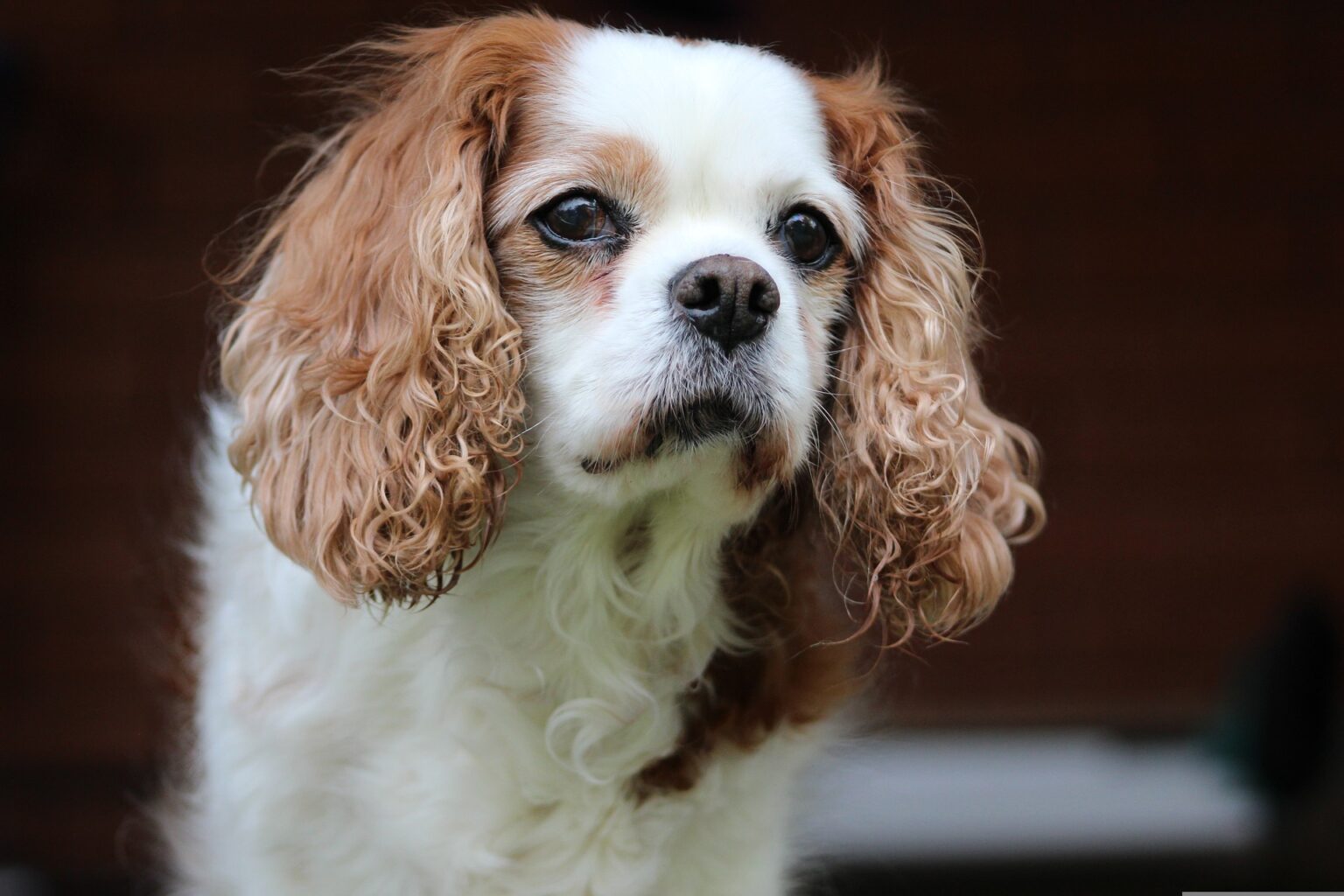
It’s important to choose the right dog breed for your family
There are countless breeds of dogs out there, and choosing one for your family is a big decision that requires careful thought and planning. Before deciding on a particular breed, you should ask yourself these questions:
How big is my family? – Larger dogs require more care and more exercise, while smaller dogs need less attention. Consider how much time you have to spend with the dog, and whether your family is willing to put in the effort required to train and exercise him/her.
What are the activities I want the dog to participate in? – If you want a guard dog, then you should choose a dog that has a strong protective instinct. On the other hand, if you want a running partner, choose a breed that is high-energy, and needs a lot of exercise.
How much space do I have at home? – Some breeds like Great Danes and Bulldogs need a lot of space to run around in. Other breeds like Pomeranians and Chihuahuas are ideal if you have a small apartment or condo.
How big will the dog get? – Some breeds like Yorkshire Terriers only grow to 6-8 inches in height; while German Shepherds can grow to a height of 26 inches or more! Consider how big you want your dog to get.
What type of temperament do I want the dog to have? – Some breeds like Labradors and Beagles are known for their friendly personalities, while others like Huskies and German Shepherds are more independent and reserved.

